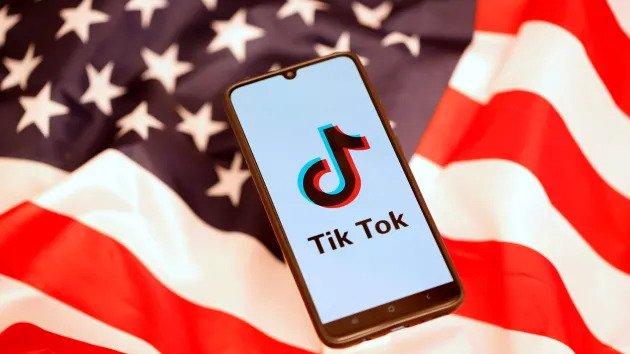The U.S. government is considering banning TikTok unless Chinese parent company ByteDance sells its stake. Millions of American TikTok users are concerned about what this could mean for them. Some may attempt to use virtual private networks (VPNs) to access the app, but this loophole may not be easy to exploit.
The Committee on Foreign Investment in the U.S. (CFIUS) is evaluating national security concerns around TikTok to determine how to minimize risk if the app continues to operate domestically. They can recommend that ByteDance’s 2017 acquisition of Musical.ly be unwound, forcing a sale of those assets.
TikTok has suggested a mitigation plan as an alternative to a forced sale, but this is unlikely to be successful as CFIUS has already threatened a ban if ByteDance doesn’t sell its stake.

If TikTok is banned, the mechanics of what happens next are unclear. Oracle hosts TikTok usage in the U.S., and ISPs like Comcast and Verizon direct traffic to end users. Apple and Google control the app stores where consumers can download TikTok.
While there will likely always be cracks that can be exploited by a subset of computer-literate users, the typical consumer would find it difficult to access a government-banned service, said Douglas Schmidt, an engineering professor at Vanderbilt.
The government may need to turn to legislation or executive orders to get app distributors, ISPs, and cloud services to block access to TikTok. While some computer-literate users may be able to find ways around a ban, it would be difficult for the typical consumer to access a banned service.
Security concerns around TikTok come down to who can access U.S. consumer information and who has the ability to determine what information reaches U.S. users. Under Chinese law, companies can be required to hand over internal information to the government for supposed national security purposes.
TikTok has sought to reassure the U.S. government that U.S. user data is stored outside of China. The company has developed an elaborate plan known as Project Texas, which includes code vetting in the U.S. and a separate board of directors for a domestic subsidiary, with members reviewed by the U.S. government.
Users of consumer technology have no idea what information is making its way to the Chinese government. The U.S. government needs to provide clarity on what would happen if the app were to be banned. The information that TikTok collects on users could be used for phishing attacks or blackmail.
“Having information about your habits and your interests and your interactions and where you go and what you do could be used for things like either phishing attacks to get access to more information, or for things like blackmail, if you’re doing things that you might not want other people to know about,” Schmidt said.


